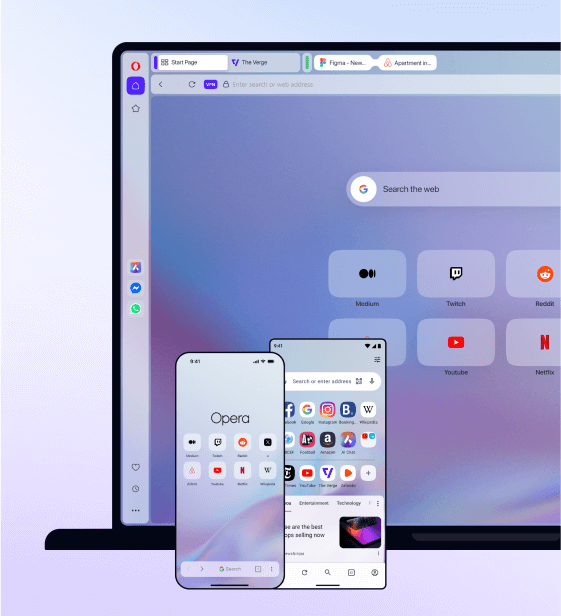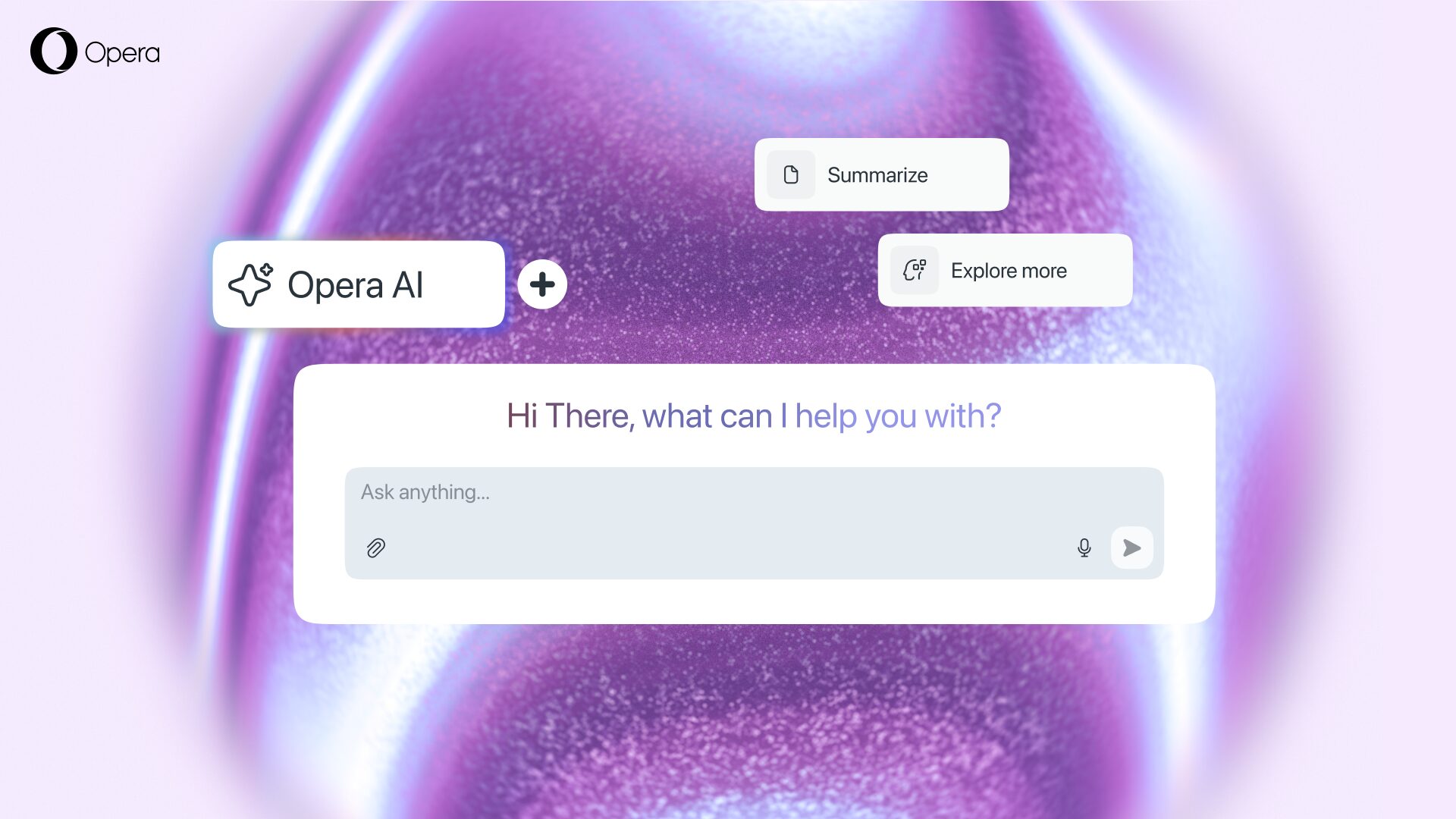Driverless cars and the web on your wrist: How technology can change the way we live

Think about a world where cars drive themselves, people browse the web on their watches and take apart smartphones like they do with LEGO. Sound too good to be true, don’t they? As our team prepares for this year’s Mobile World Congress (MWC), the world’s largest annual exhibition for the mobile industry, we wanted to share some of the biggest MWC stories.
Driverless cars? The promise of 5G
In 2014, integrating 5G technology into everyday was the buzz. 5G will be 10-100 times faster than the 4G/LTE network, with a downlink speed of 10,000 Mbps.
So, what does all that really mean? When a widespread 5G network is built, we can expand the reach of high tech within our lives, whether it’s for the home or in bigger industries like hospitals and car manufacturers.
For example, 5G will make it be possible to set up a digital traffic-management system, with driverless cars driving at higher speeds with no risk of accident. More hospitals can have operations performed by a robot remotely controlled by a surgeon on the other side of the world. For more cool stuff on what 5G makes possible, check out GSMA’s recent report.
The web on a wristwatch: Samsung Gear 2
You can easily spot the growing world for wearable technology at the MWC. Revealed in 2014, Samsung’s Gear 2 takes the smartwatch to the next level when it comes to functionality.
Wearbles are no longer just about tracking fitness and health; now, you can use them to browse the web, just like on a smartphone or tablet. Here, you can see how Opera Mini looks on it.
Did I mention how cool it looks? Its shell has a bigger, bolder design, and you can change the strap color to suit your mood. What’s better, the battery lasts 2-3 days according to Samsung’s test.
LEGO-like smartphones: Project Ara
For our tech-savvy readers, we wanted to highlight the modular, mobile hardware ecosystem that Project Ara is working on. Put simply, it’s the LEGO of smartphones.
The phones consist of building blocks, called modules, that contain most of the phone’s functionality and features. Rumor on Reddit has it that the first modules will be revealed at the MWC next month.
https://www.youtube.com/watch?v=intua_p4kE0
If fully realized, Project Ara will further reduce the cost – and improve the longevity of – smartphone ownership. Think better cameras, bigger batteries and replacement of cracked screens at low costs and all in a snap.
Follow the Opera team on Facebook and Twitter to see live updates from Mobile World Congress 2015.
















